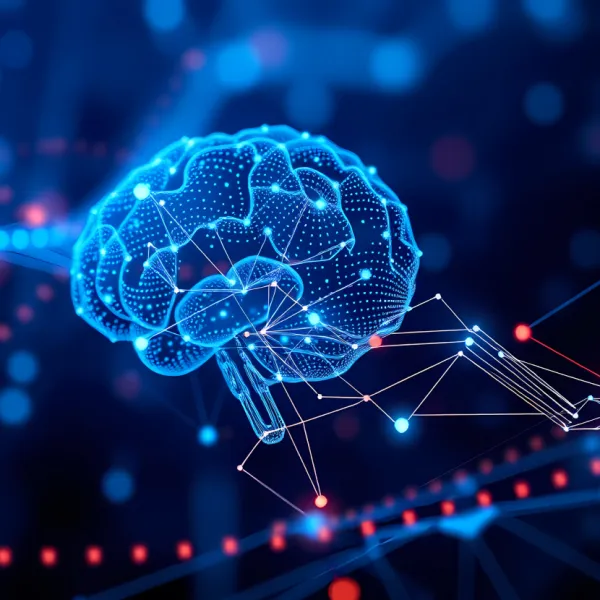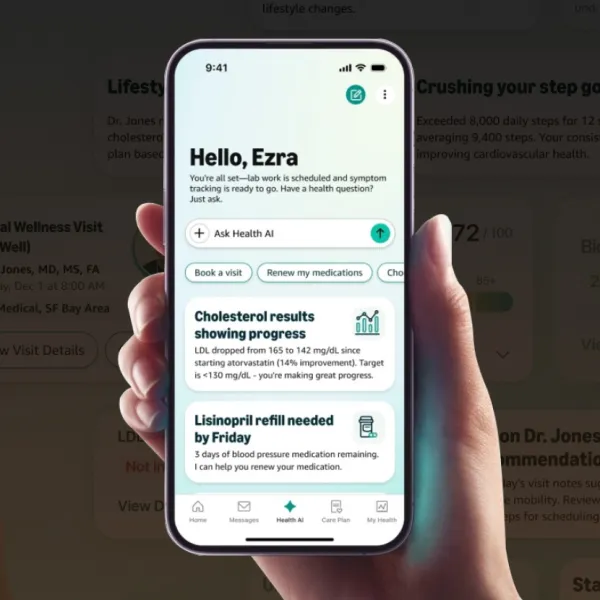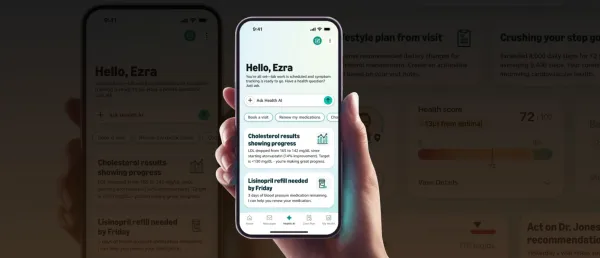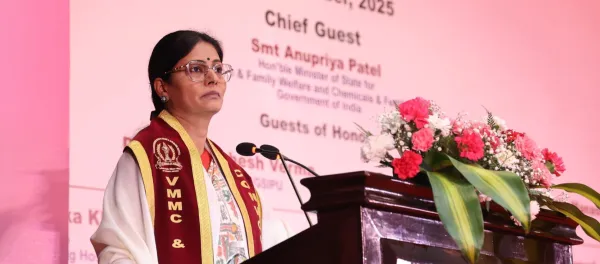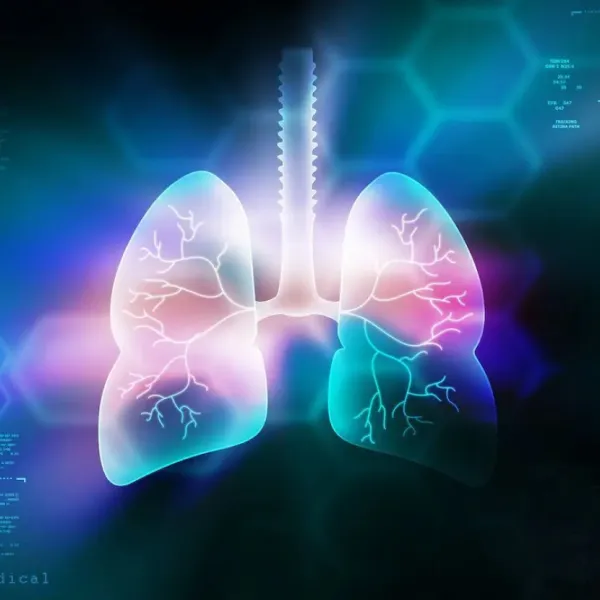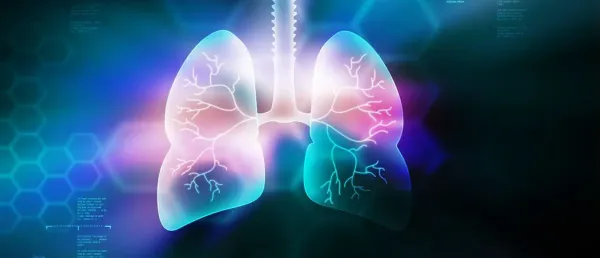AI Tool Improves Dementia Detection Accuracy in Hospital Records: Study

The study utilizes structured data and natural language processing (NLP) from electronic health records (EHRs) to address underreporting and improve early identification.
Researchers from the National Centre for Healthy Ageing (NCHA), a collaboration between Monash University and Peninsula Health, have developed an AI-driven method to enhance dementia detection in hospital settings.
The study utilizes structured data and natural language processing (NLP) from electronic health records (EHRs) to address underreporting and improve early identification.
Accurate dementia detection remains a challenge in Australian hospitals, where manual coding limitations often result in under-identified cases. According to the World Alzheimer Report, around 50 million people globally live with dementia, with this number expected to triple by 2050.
To improve identification, the NCHA’s Healthy Ageing Data Platform research team, alongside clinicians from Australia and the US, analysed health records of over 1,000 individuals aged 60 and above from the Frankston-Mornington Peninsula. Their peer-reviewed paper, “Dual-Stream Algorithms for Dementia Detection: Harnessing Structured and Unstructured Electronic Health Record Data,” was published in Alzheimer’s & Dementia.
Structured and NLP Data Combined
Lead author Dr Taya Collyer stated, “Accessing high-quality curated electronic health records from our Healthy Ageing Data Platform helped assemble the data efficiently to address this problem. Special software was used to harness the large amount of free text data so that NLP could be applied.”
“We then developed dementia-finding algorithms through a traditional stream for usual structured data and an NLP stream for text records,” she added. The structured stream included demographic details, medication use, healthcare utilisation, and hospital events indicating confusion or behavioural distress. The NLP stream processed unstructured clinical notes, guided by clinical experts to retain medical relevance.
Improving Clinical Recognition
Professor Velandai Srikanth, Director of NCHA and project lead, pointed to the clinical gap in recognising dementia in hospitalised patients. “Given that clinical recognition of people diagnosed with dementia presenting to hospitals is poor, using this new approach, we could be identifying people earlier for appropriate diagnostic and clinical care. I am sure many people are missing out on good care because we are not very good at identifying them or their needs,” he said.
“This new method offers a novel digital strategy for capturing and combining clues in written text, such as descriptions of confusion or forgetfulness, or alerts for distressed behaviour, to flag them for suitable care and support,” Professor Srikanth added.
The National Health and Medical Research Council, the Medical Research Future Fund, and the Department of Health and Aged Care supported the study.
Stay tuned for more such updates on Digital Health News









